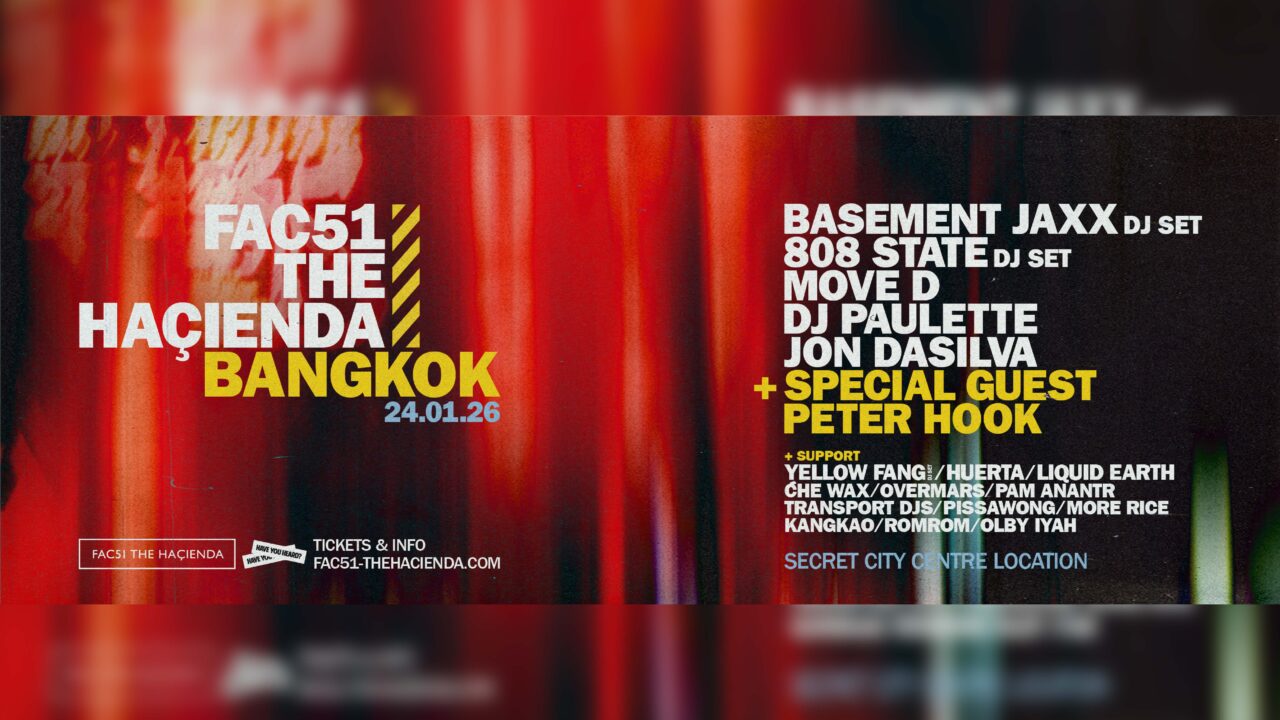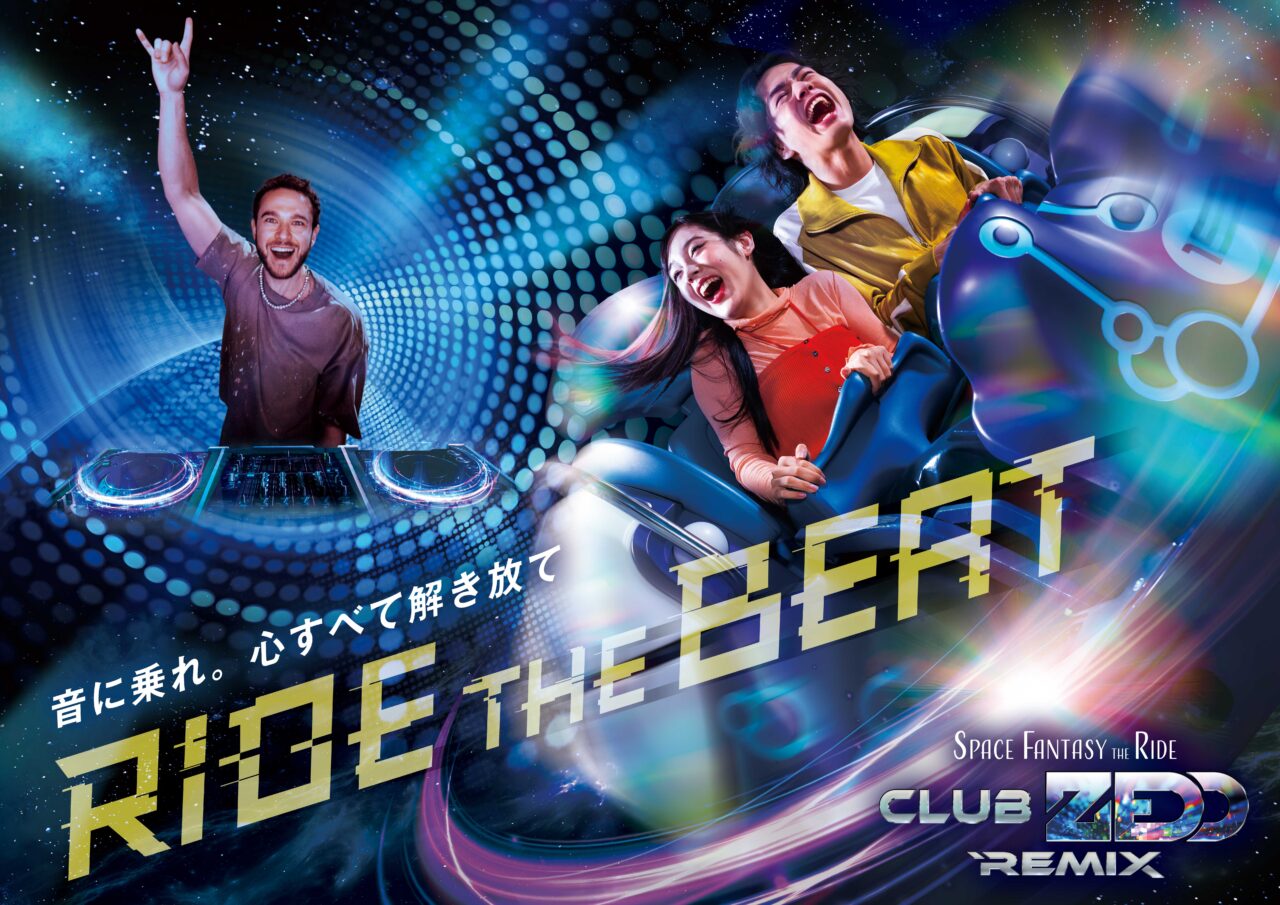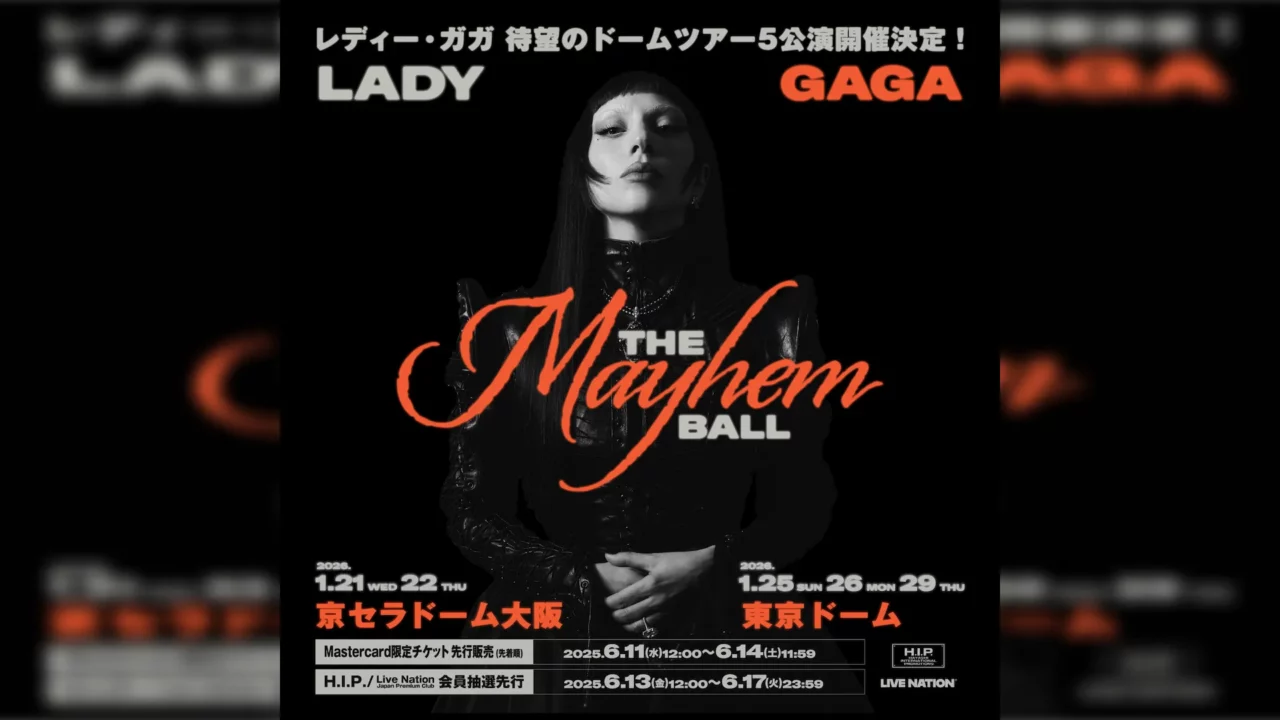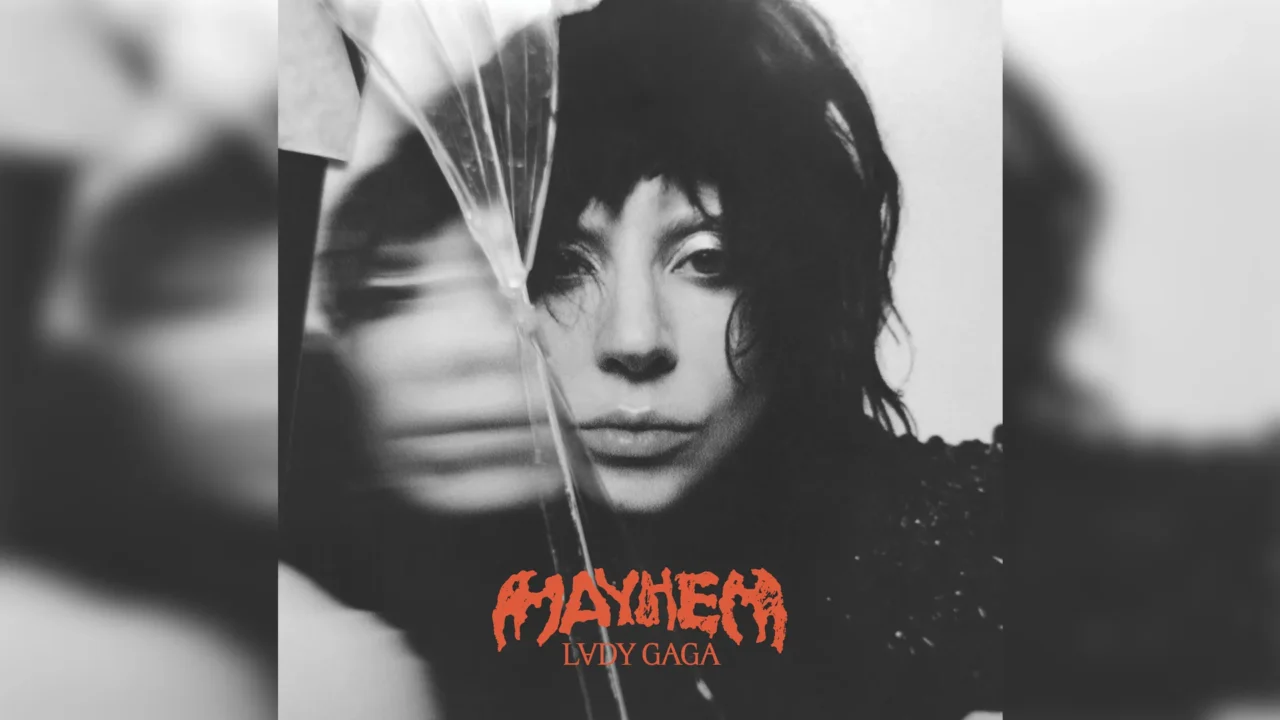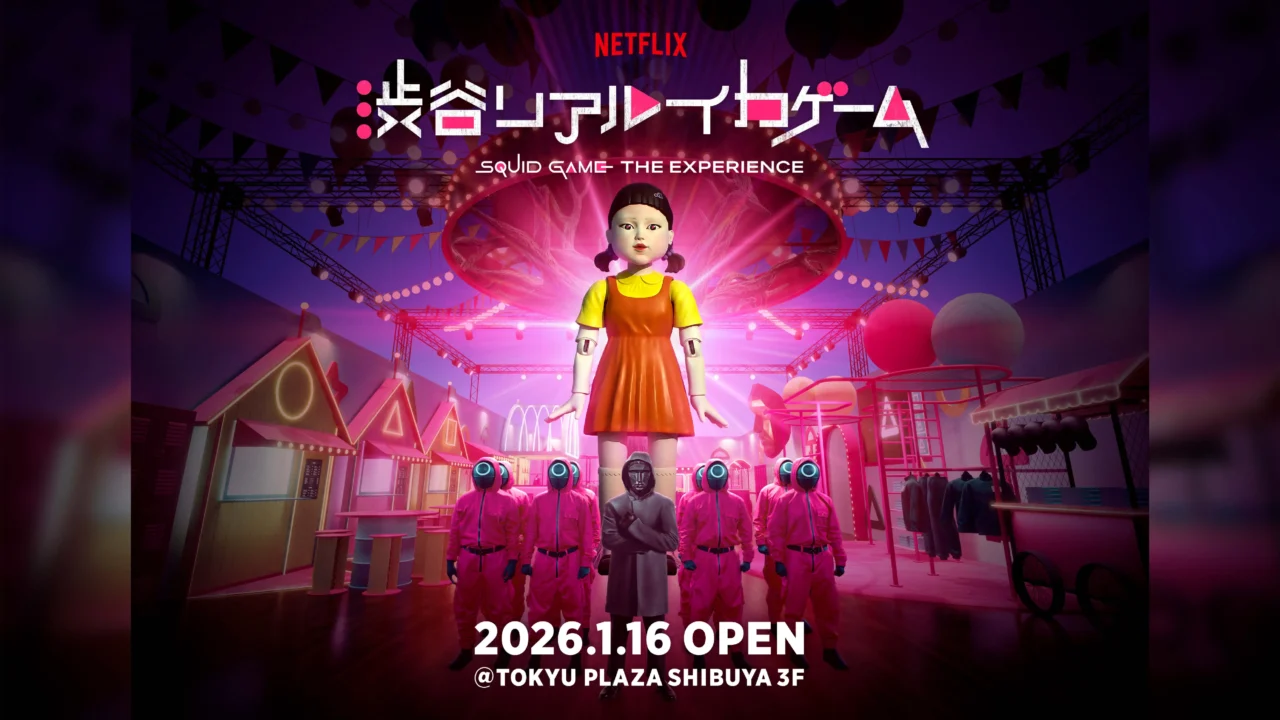Emerald’s long-awaited album “Neo Oriented” has arrived after seven years, with a focus on reconnecting with the band’s neo-soul roots and exploring the diverse contexts of “Japan.” Vocalist Yosuke Nakano has embraced “coexistence” as the album’s central theme. In the wake of the COVID-19 pandemic, which distanced people from one another, the concept of “coexistence” has become more relevant than ever. A band itself can be seen as a microcosm of such a society.
Nakano, previously acclaimed with PaperBagLunchbox for three albums, faced a challenging journey that included a disappearance scandal, leading to the band’s dissolution in 2011. His evolution from PaperBagLunchbox to Emerald reflects a narrative of loss and rebirth, diving deeply into the theme of “coexistence.” In his first solo interview, Nakano reflects on his career and discusses how he has grappled with the challenges of “keeping the band alive.”
INDEX
Looking Back at PaperBagLunchbox: The Band That Couldn’t Continue
-When did you first form a band?
Nakano:I first formed PaperBagLunchbox (referred to as “PaperBag”) in my first year of university. Before that, I was just covering Hi-Standard at school festivals and stuff like that.
–Since PaperBagLunchbox was formed in 2001, it’s been 23 years. Did you imagine you’d be in a band for this long?
Nakano: Well… I thought I’d still be doing it, but I expected we’d be a bit more successful by now [laughs].
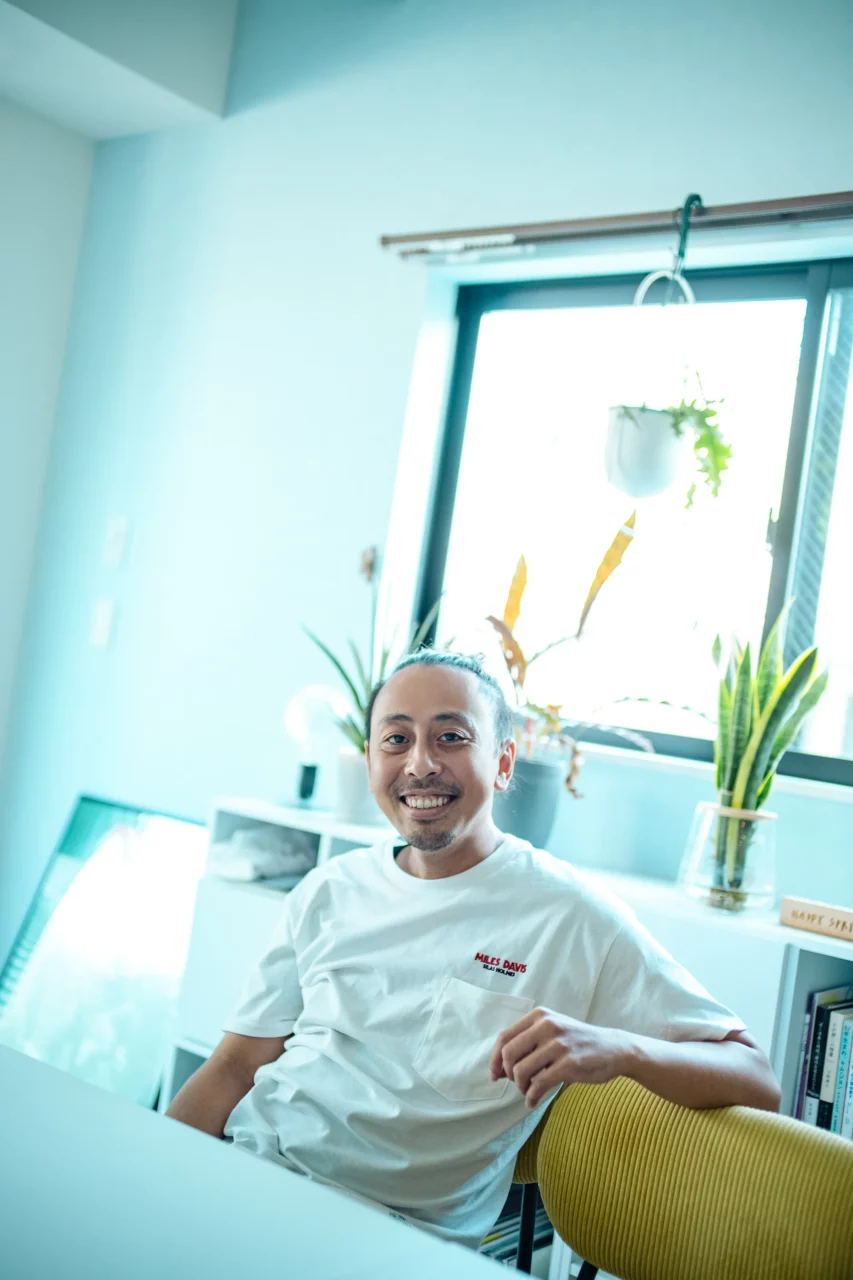
-This may seem like a question for a debut interview, but since this is my first solo interview, I’d like to ask: What was the original experience that inspired you to start a band?
Nakano: I vividly recall my initial inspiration. My family and I watched the movie Swallowtail on TV. Since my sisters and I were all music enthusiasts, we probably tuned in because of Chara, who starred in the film. Seeing YEN TOWN BAND perform ‘My Way’ made a huge impression on me. I thought the band was incredibly cool, and the way they disintegrated within the story also fascinated me. It was at that moment I knew I wanted to be in a band.
-So, did you form PaperBagLunchbox with the intention of becoming successful from the start?
Nakano: Instead of aiming for success right away, I was more interested in starting my own band and seeing where it would lead. Then, in my third year of university, I met a label that invited me to move to Tokyo. It was during that period, especially after creating the song “Slide,” that I first considered making a career in music.
Nakano: When I actually started playing in a band, I realized that bringing together the talents of those around me and combining our strengths to create something I couldn’t achieve on my own was where I excelled. I found that blending each person’s unique qualities and becoming a part of that combination was where I fit best.
However, with PaperBagLunchbox, it was more about clashing my own style with the styles of the other members. It was quite different from Emerald. I envisioned it as my style crashing into and integrating with others to form something new. Since our band wasn’t particularly rich in musical knowledge or high-level skills, those collisions felt like they were shaping our music.
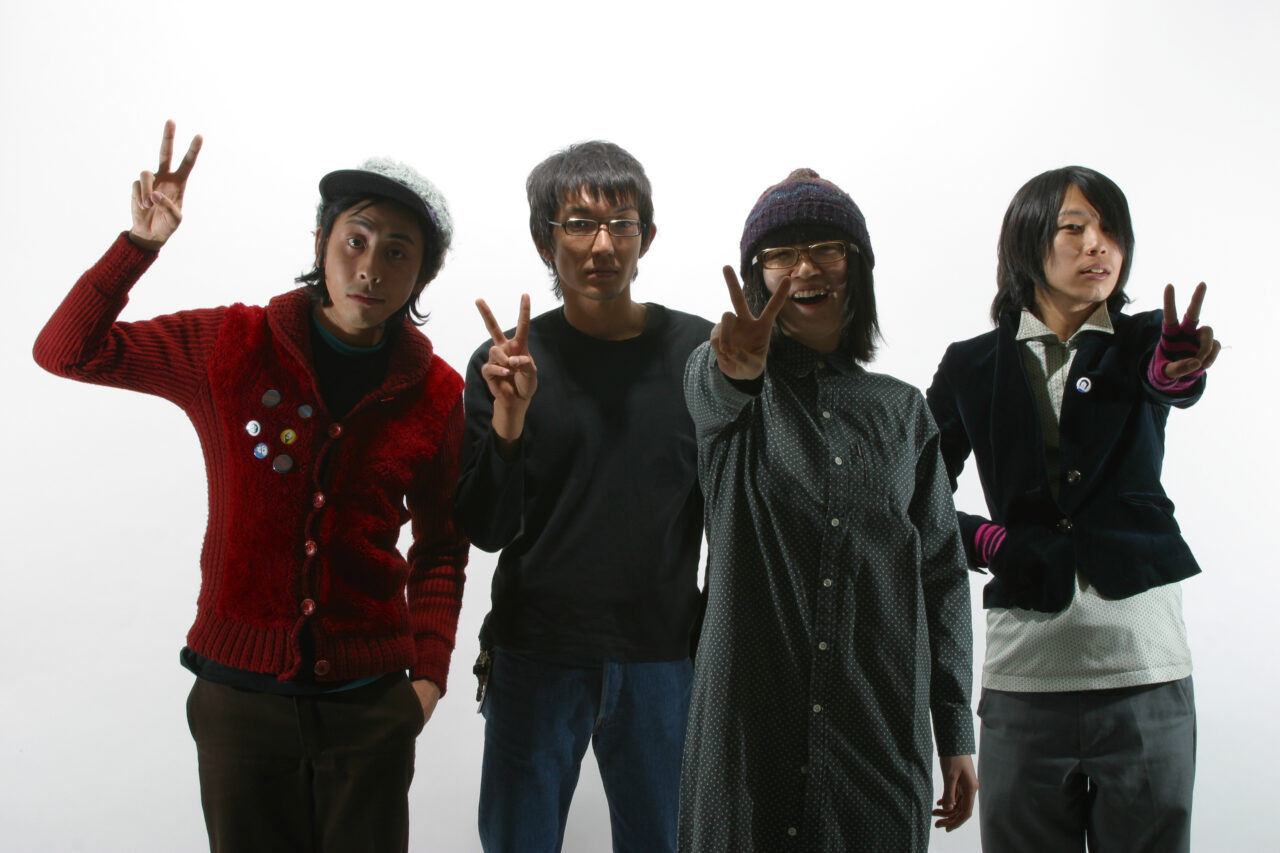
Founded in 2001 at Osaka University of Arts’ music circle, PaperBagLunchbox was initially composed of four first-year students: Yosuke Nakano (now Emerald’s vocalist), Haruki Tsunematsu, Yusuke Kurachi, and Ai Ito. The band made their indie debut in 2006 with their first EP and album released by wonderground music, known for releasing works by ROVO and Tabi no Tetsugaku at the time. They released “PBLEP” and “Bedphonetown” with producer Hiroaki Kanai of SUPERCAR. Featured in magazines like Snoozer and praised by Soichiro Tanaka as the “missing link between Fishmans and Sigur Rós,” the band garnered significant attention.
Despite appearing at Shibuya AX as part of a syrup16g project and being on the rise, the band suddenly halted, performing only sporadic live shows for five years. After this period, they released a limited edition 2nd album featuring songs honed through live performances and embarked on a successful national tour. Shortly after, they released a fully new 3rd album, “Ground Disco,” with keyboardist Haruki Tsunematsu as band leader and Takao Kato, who guided the band to its debut, as producer. They pursued a conceptual approach to their music and live performances.
Despite a lengthy tour, the band disbanded abruptly after the Great East Japan Earthquake, announcing their sudden breakup after their final two-day event in Sapporo, without a concluding tour finale. At the time, their story was highlighted in a popular web series, “The People Who Quit Music and Those Who Continue.
-Last November, all of PaperBagLunchbox’s music was made available on streaming platforms. How did that come about?
Nakano: A friend told me that old live footage of PaperBagLunchbox was uploaded on YouTube, so I checked out the label’s channel and, sure enough, it was there. When I contacted the former sub-manager, they said, ‘I accidentally uploaded it while drunk’ (laughs).
So, I suggested, ‘If we’re doing this, let’s put it on streaming platforms too.’ It ended up taking about two years. Since we were at it, I wanted to remaster the recordings. For the first album, I reached out to our original producer, Hiroaki Kanai, and for the second and third albums, I was introduced to Masuko (Itsuki) from ROVO by that former sub-manager. It took about three years in total, but we finally got it all released.
-In a comment when the release information was announced, he said, “All 33 songs were supposed to be a set with bitter memories. But after 10 years, the sound changes.” What kind of changes did you actually see?
Nakano: When the release was announced, you commented, ‘All 33 tracks that come with bittersweet memories. But after 10 years, their impact changes.’ How have these changes manifested for you?
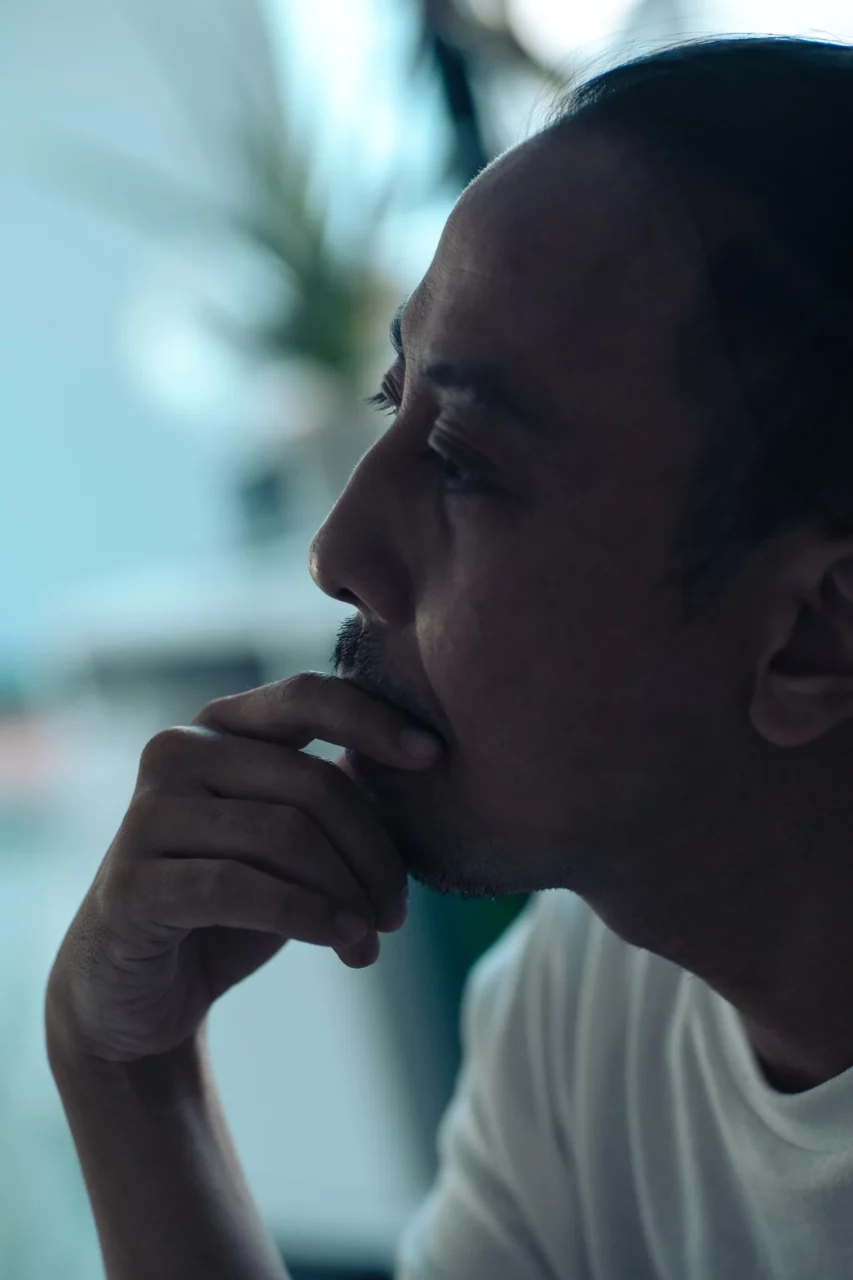
At the time, we were working in a physically and mentally draining environment, and there was also the Nakano-san disappearance scandal. It was difficult to look at our music objectively under such circumstances, but now, after more than 10 years, you are able to look at it from a bird’s eye view as a “work of art”?
Nakano: Instead of viewing it as mere “art,” it feels more like I’ve come to value that period of my life deeply. I didn’t want to just dismiss it as a dark chapter, yet I also felt too unprepared to engage with it until now. With all the band members doing well and everyone involved, including the manager we had conflicts with, supporting the release, it seemed like the right moment to re-evaluate and cherish that time. The release felt like a long-standing burden was somewhat eased, or at least that it provided a sense of closure.
INDEX
How to Break the Cycle of Mutual Aggression
You mentioned that “PaperBagLunchbox was all about the clash of personal traits.” While this kind of chemical reaction can sometimes lead to explosive moments and create remarkable work, maintaining it over the long term can be quite challenging.
Nakano: Even after we released our third album, I didn’t intend to quit, but my body was unable to keep up despite my wish to continue. I was pushed into a mental state that, today, would likely be seen as a sign of severe distress.
Nakano:As a result, I ended up collapsing and the band disbanded. Reflecting on it now, after over ten years with Emerald, I can see that continuing in that state was simply untenable. Back then, though, I was consumed by a sense of failure—thinking, “Damn, it’s all over.” I didn’t have the luxury to reflect calmly; instead, I spent about five years lamenting and questioning, “What could I have done differently?” It was like grieving over a lost relationship.
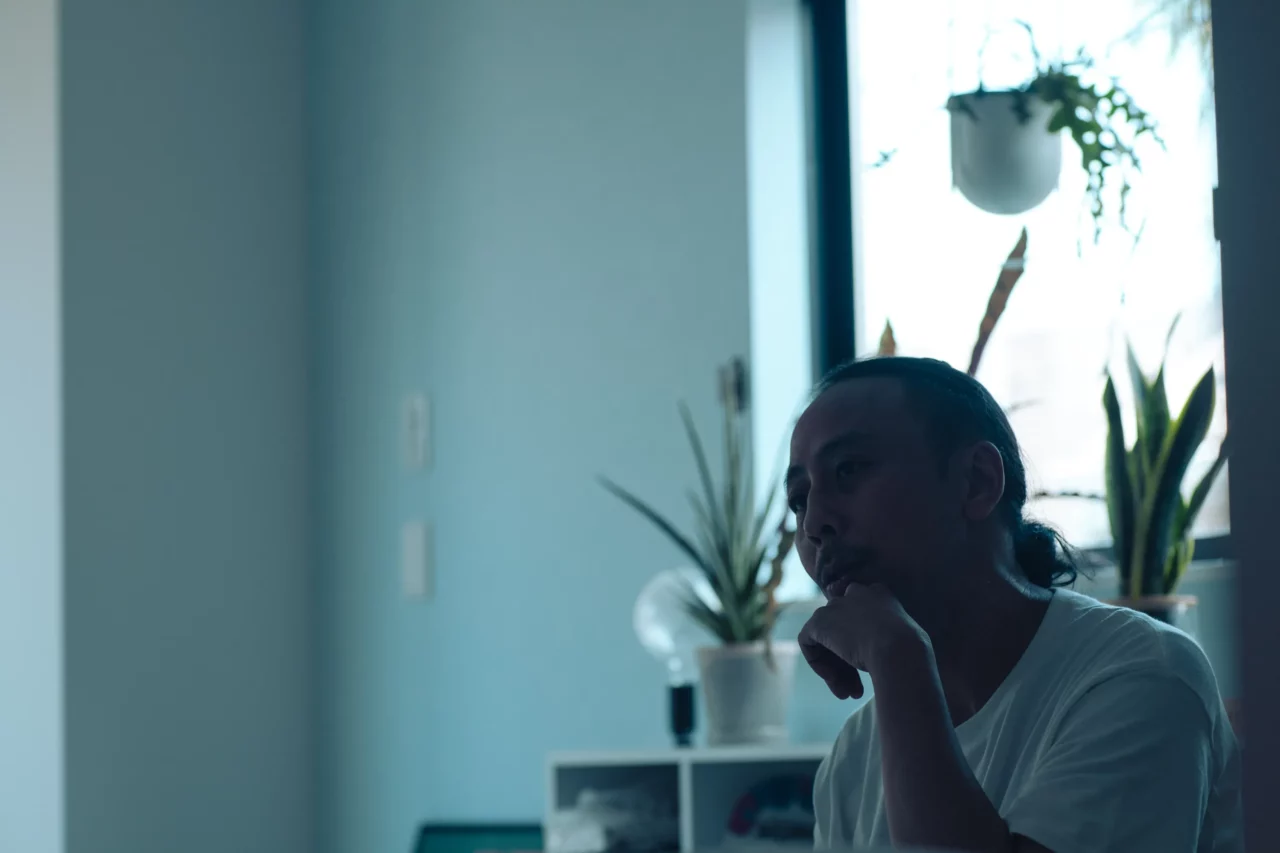
-In other words, those feelings influenced the early days of Emerald. When did you feel you were finally able to move on from them?
Nakano: When “Moonlight” was created, I felt that a new dimension of my musical character emerged. That moment marked the end of my tendency to dwell on past regrets. During my time with PaperBagLunchbox, I experienced physical chest pain that was only alleviated when I was singing. It was a form of emotional dependency, perhaps. But with Emerald, as I learned to work with a team where each person had their role, I noticed a significant shift. I realized that I had moved far from my old mental state and no longer experienced that chest pain. I had once believed that making music required that constant, nagging sensation, but I discovered I could create music even without it, which was a major breakthrough.
-During your time with Emerald, there must have been moments of conflict among the band members. How have you managed to overcome these challenges?
Nakano: Yes, there have definitely been moments of conflict. Everyone has different personalities, and what starts as a discussion about a specific phrase can sometimes escalate into clashes over personal differences, communication styles, and the way things are expressed. In the early days, there were definitely times when people struggled to express their thoughts effectively. However, when misunderstandings occurred, our guitarist, Yoshitaka Iso, handled it calmly. He would interpret these issues as differences in context and break down whether any malice was intended. He would say, “There’s no ill intent here, so let’s stop attacking each other.” Since Iso started acting as a mediator and translator for us, conflicts among members have become much less frequent.

Formed in 2011, Emerald is a Japanese band that presents a new era of city pop music by blending jazz, neo-soul, and AOR sounds with the context of Japanese pop. Their debut mini-album, On Your Mind, featured the lead track “Moonlight,” which was selected as a power play by various radio stations. In 2021, the band launched a series of four consecutive single releases to celebrate their 10th anniversary, starting with “Sunrise Love” in September, which received airplay from multiple radio stations. In January 2022, they held a successful 10th-anniversary solo concert at Shibuya WWWX. Their music traces a path from Pop music through Black Music to Billboard/Blue Note.
-PaperBagLunchbox was formed by college friends who started without much knowledge of the professional world, whereas Emerald began with members who had already gained some life experience and social insight. This difference was significant.
Nakano: Yes, I think that’s true. In that sense, a lot of our growth came from overcoming communication challenges, which we worked through over the past decade. Each of us has areas of strength and weakness, things we must do even if we’re not good at them, and things we have to hold back from even though we’re skilled. But with this album, I believe we were able to fully showcase each member’s strengths.
-It’s been a full seven years since the last album.
Nakano:Although this is our first album in seven years, we’ve been consistently releasing singles. For our 10th anniversary in 2021, we put out four tracks and have been doing short bursts of activity. However, this time we’ve been working on it for about a year. We started recording a year ago, and seeing it through as a long-term project with everyone working together has been incredibly fulfilling. It also makes me feel a strong sense of achievement and a recognition of our growth.
INDEX
The Shift in Nakano’s Lyrics on “Neo Oriented”: Encountering Others Beyond One’s Control
-The theme of the lyrics for this album revolves around “coexistence with others.” Considering how essential this concept is to the band and the numerous experiences over the past seven years that highlighted its significance, what do you think primarily inspired you to focus on this theme?
Nakano: While working on “i.e.” and “楽園” (both released in May 2023), I noticed that my lyrics were becoming too self-contained, lacking the presence of others. This made me want to write lyrics that include elements outside my own control, introducing real-world interactions rather than just fantasy.
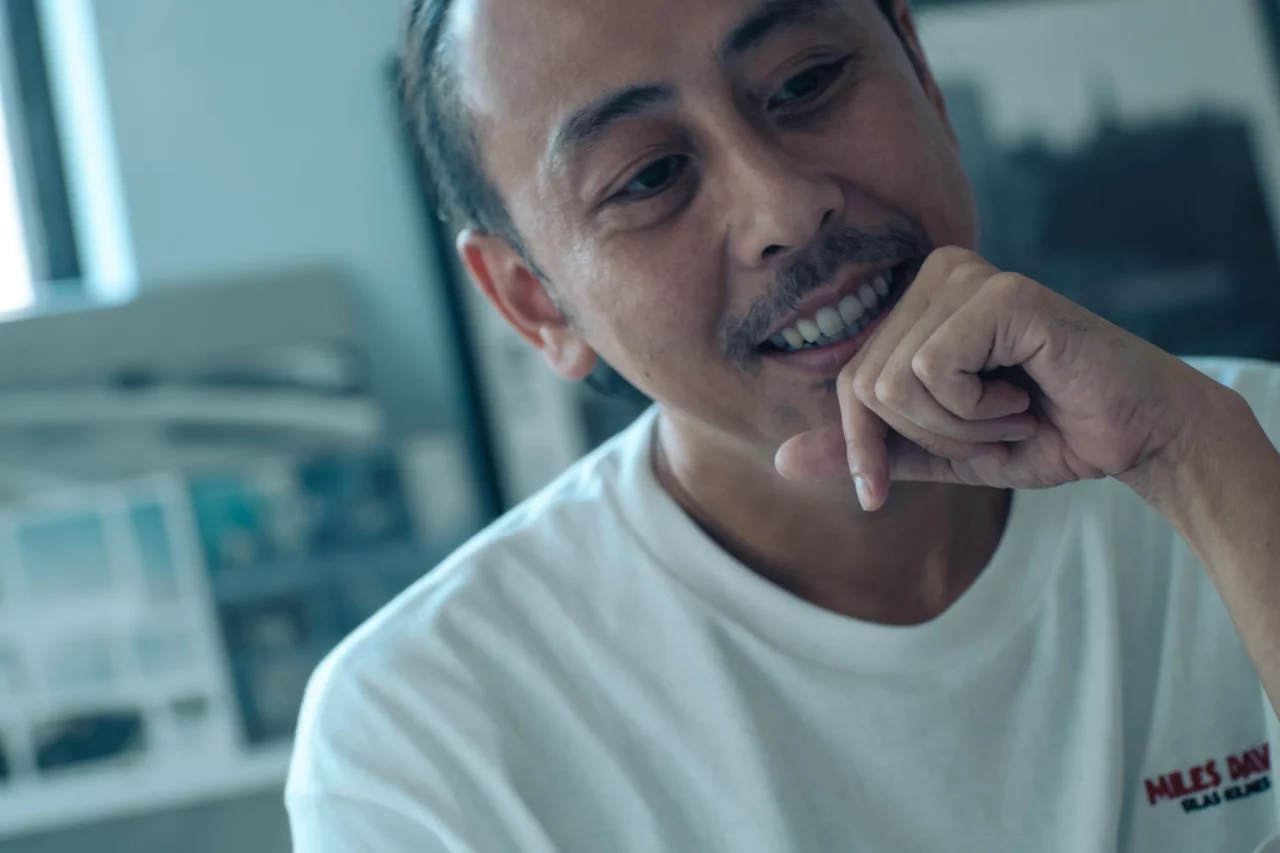
Nakano: For the album “Neo Oriented,” we wanted to revisit our roots in neo-soul. Since neo-soul often features dynamic call-and-response choruses, the first track, “You & I,” incorporates a lot of these exchanges. This was a personal theme for me—expressing the presence of others through our music.
The pandemic separated and fragmented everyone, reducing the time spent in close, meaningful interactions with others. This led to a sense of things becoming bland and stripped of character. Whether in everyday life, in a band, or at work, I believe that true growth and warmth come from facing conflicts, engaging with others, and sharing moments. This is how we stay refreshed and continue to enjoy our experiences. Hence, “You & I” explores how to confront and interact with others beyond one’s control.
The line “When two different rhythms overlap and play together, even discordant harmonies can find forgiveness” stands out as particularly impactful.
Nakano: This kind of thing happens frequently in Emerald as well, where even dissonant elements can come together harmoniously, much like in psychedelic music. While expressing this through music is valuable, I wanted to articulate it more directly in words.
In the second track, “in the mood,” the theme of “coming together” is also explored.
Nakano: For “in the mood,” I wanted to depict two people who are always together, never parting. I aimed to express their survival through the world as a pair, focusing on the physical and emotional warmth of their connection. After all, no one can live alone. We need to help each other to get by, and even if we think we’re alone, we’re ultimately supported by many others. That’s why I felt it was important to create music that can inspire and motivate people, helping them feel encouraged and ready to face another day.
-In 2017, you got married and have since had a child, which must have added a significant dimension to the theme of “coexisting with others” in your personal life over the past seven years. How has this experience influenced your perspective?
Nakano: Getting married made me realize that there were many things about my partner and myself that I hadn’t expected. It’s been about learning how to balance and harmonize these differences, and to improve our overall dynamic. This is similar to how I approach band dynamics and my relationship with my child. As someone who works with words, I strive to be mindful of the language I use, avoiding harsh or negative words and opting for gentler expressions. This effort is something I apply both within the band and in my family, making it a significant part of coexisting with others.
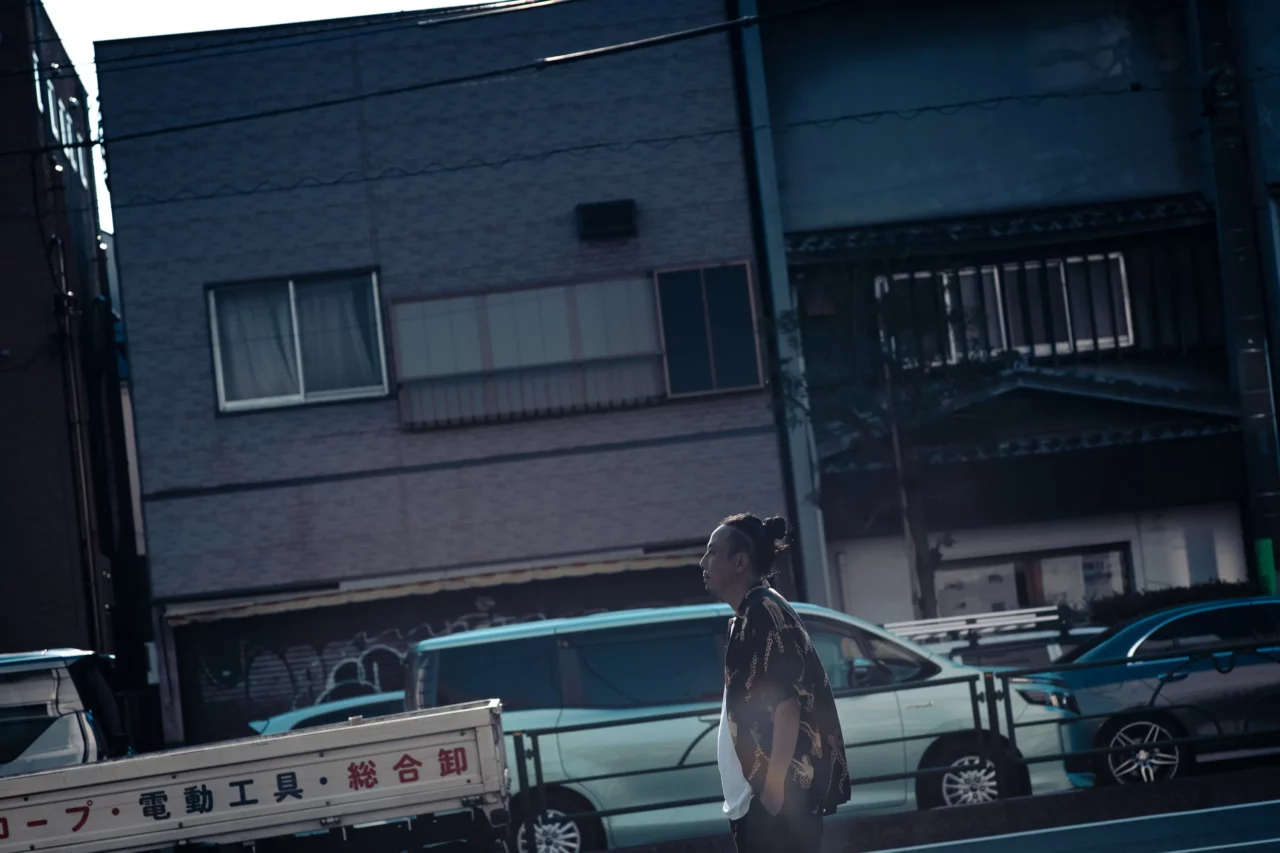
Nakano: “Lovin’” is a song I wrote with my daughter in mind. I imagined how happy she might be as an adult if she heard her father singing something like this. Similarly, “Lullaby” is inspired by the lyrics I wrote about an acquaintance who passed away suddenly. These songs reflect the feelings and experiences of coexisting with others that have shaped me.
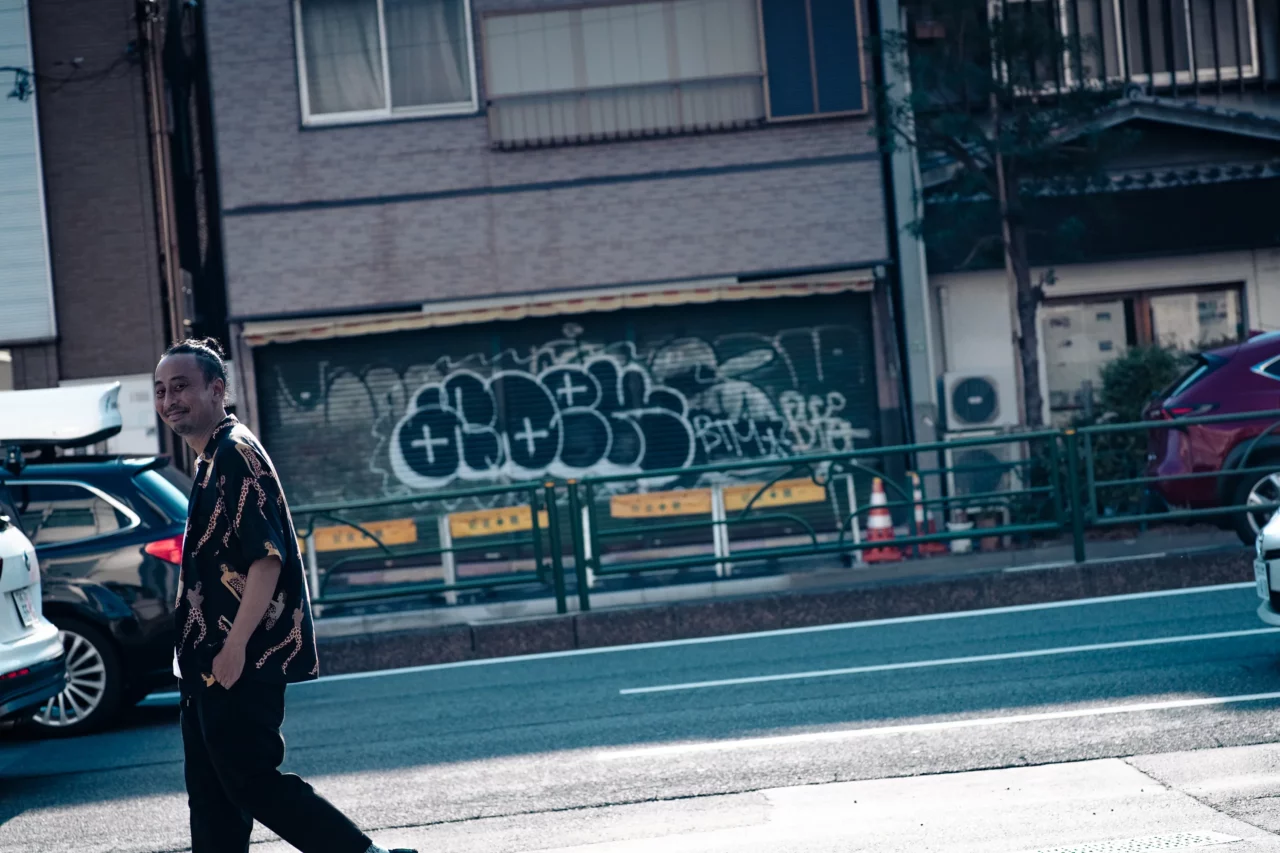
INDEX
Reflections on the Band Members: “Emerald Is a Collective Effort, Not Just My Own“
-The presence of others in the songs can be either specific individuals or abstract concepts, creating various layers.
Nakano: That’s right. “Sakasa no Me” is about how we tend to compare our band to others that have become successful, but it’s not about that. It’s a song about focusing on our own path rather than relative evaluation. This too is a reflection on how to coexist with others.
-It’s about how to coexist with other bands and within the music industry as a whole. In “Sakasa no Me,” the lyrics express that “even in this world, there are stars that continue to shine brightly despite taking a long, indirect path.” Emerald’s goal has always been to grow as a band and to continue for a long time, which is a different approach compared to PaperBagLunchbox.
Nakano: That might be true for the other members. For me, when I’m performing and singing in front of people, I try to connect with the audience, and it feels like I’m digging into a cave or mine, like I’m constantly digging (laughs). The energy that keeps me going comes from the music and the band members. So, Emerald is not a band sustained solely by my efforts. I’m the one who keeps digging, but the energy comes from the band’s performance, each member’s personality, and their individual contributions to the band. That’s what Emerald is all about.
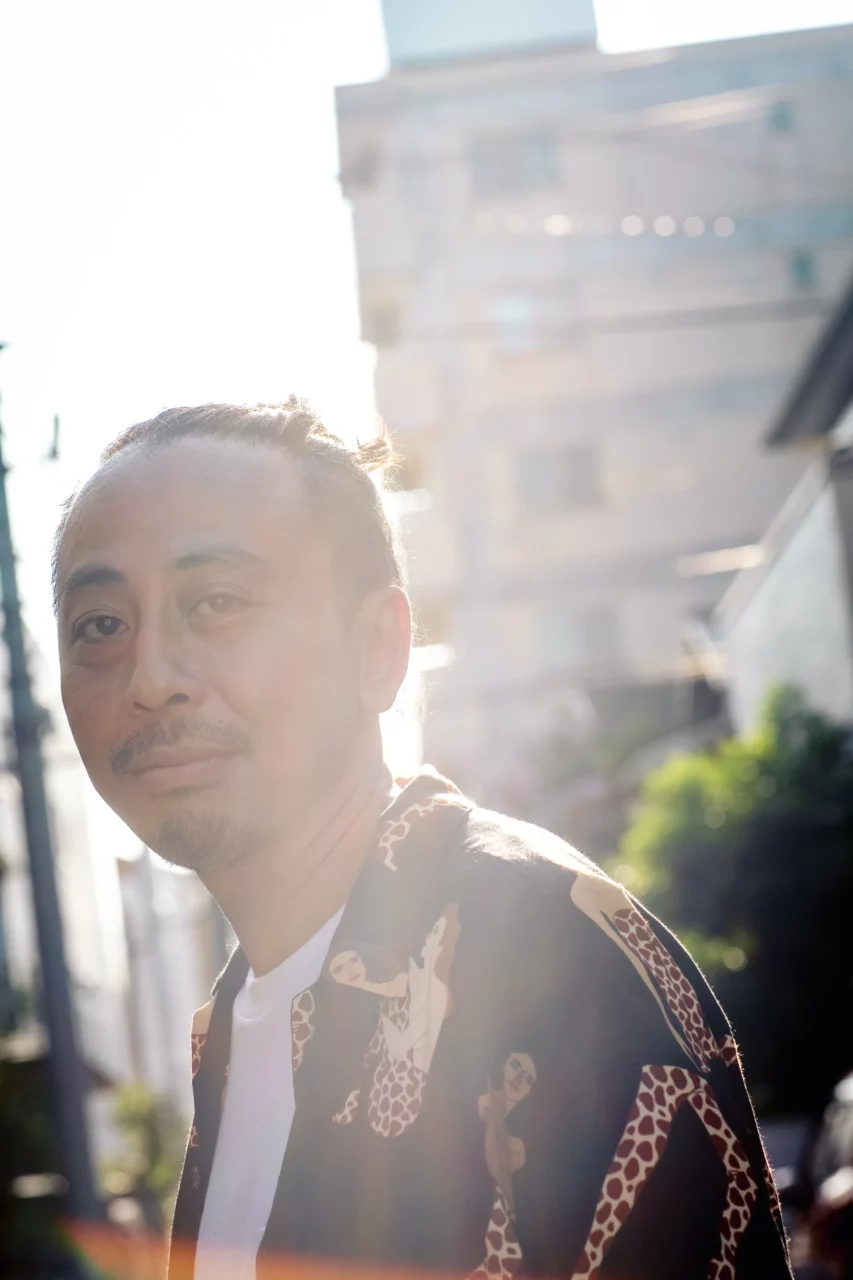
-So, you weren’t specifically aiming to “keep it going for a long time.”
Nakano:When PaperBagLunchbox disbanded and I started Emerald, one thing I decided was to “let go of the band’s leadership.” But rather than relinquishing it to the outside, I wanted to entrust it to the members. For me, this required a lot of patience. There were times when I felt the urge to push forward, but by holding back, each member could think for themselves and move in the direction they believed was best. My role was to amplify that direction as much as possible. I believe this approach has been one reason why the band has lasted so long. If I had been driving things with my own momentum and constantly making noise, it probably wouldn’t have lasted this long [laughs].
-During times of verbal conflict, Isoyo would act as a mediator, and during production, bassist Tomoyuki Fujii would oversee the overall process in a producer-like role. Each member has come to fulfill their own roles.
Nakano: Yes, that’s right. Also, my older brother (Kenji Fujii) joined, and he might have been the most active in terms of shaping the production environment this time. As each member’s role has become clearer, I really feel like I’m just riding along with that. My job is to keep myself in good condition, incorporate what the members want to do into my own ideas, and shape it together. I think it’s a somewhat unusual type of band.
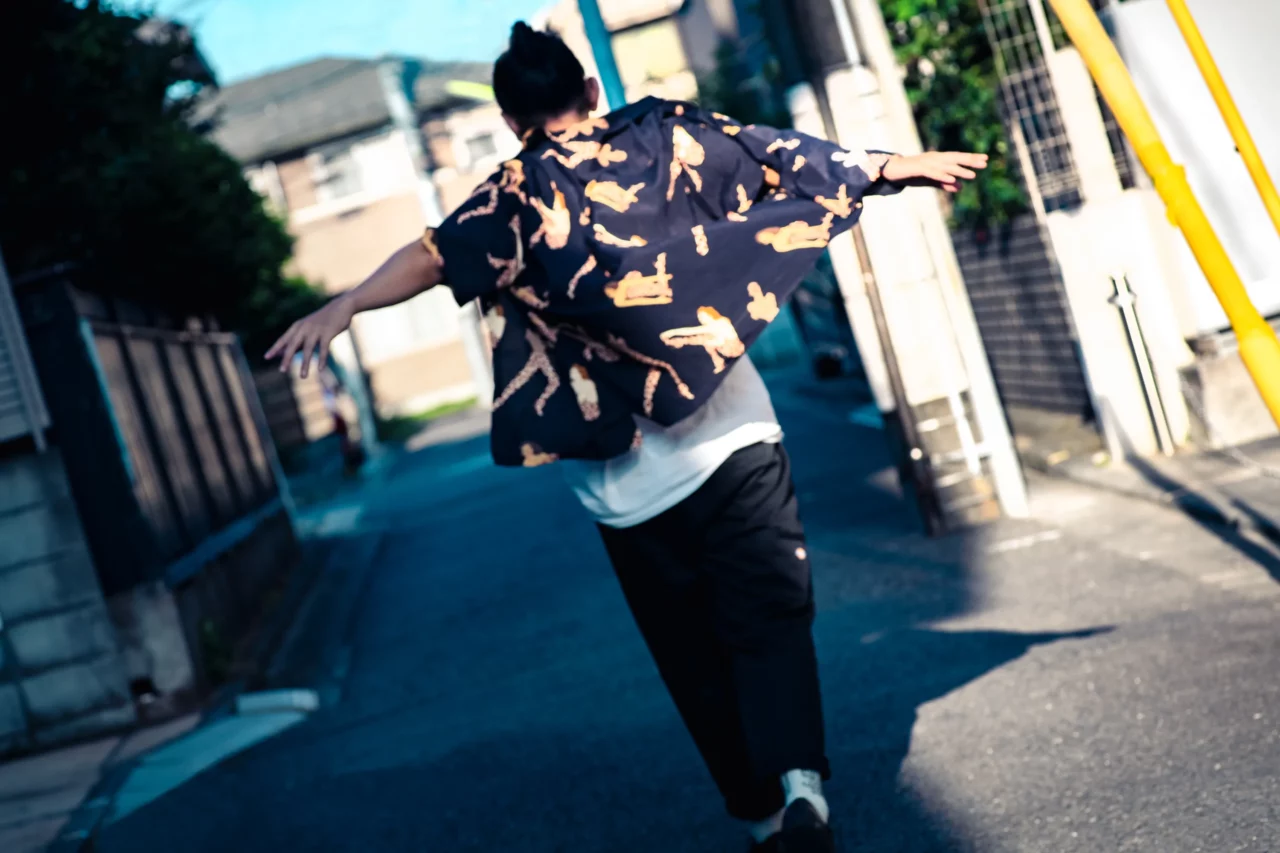
INDEX
Yosuke Nakano’s Commitment: “Honoring the Support I’ve Received”
-Having looked back on your band activities, how do you feel about your personal growth and changes?
Nakano: I try not to think too much about how I’ve changed as a person. But looking back, it’s clear that when the band ended, I was starting from scratch—maybe even from a point of deep loss. It felt like I was grasping at a thread, relying on the help of many people to keep going.
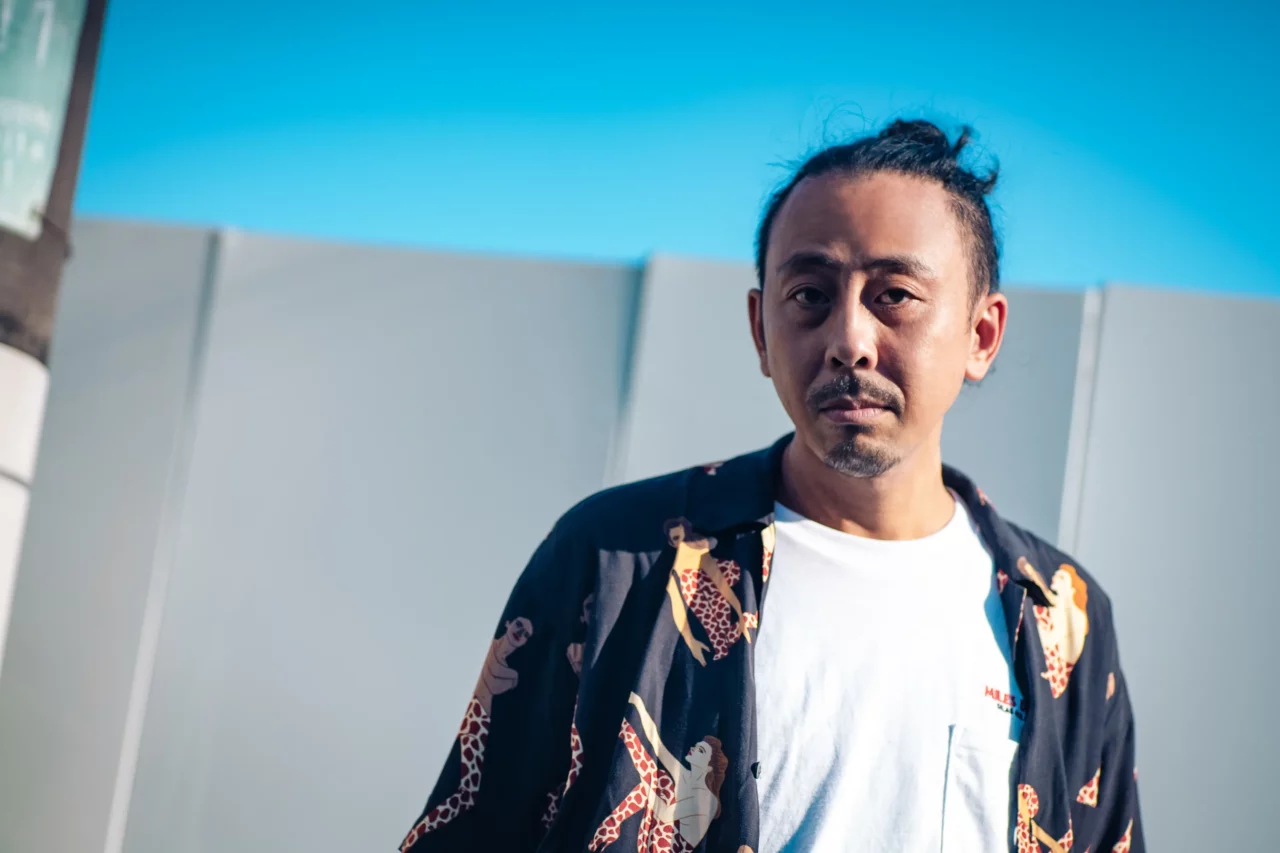
Nakano: And since I’m standing here thanks to the help of so many people, I want to repay that support. I’d love to give them something tangible, but I’m not that wealthy [laughs]. Instead, if people who see me on stage think, “He looks happy and energetic,” then maybe they’ll feel it was worth extending a hand back then. That’s the feeling I carry with me.
Even though we say Emerald is DIY, it’s clear that many people are helping us behind the scenes. I want to honor their support while not overextending myself, avoiding singing things I don’t want to sing, and not feeling pressured to perform in ways that don’t feel right. One big thing is not wanting to make those currently involved with the band experience the hardships we faced during the Paperback days.
-Did starting Emerald after the breakup of Paperback feel like a form of salvation or a way to find some relief for you?
Nakano:Yes, definitely. Starting Emerald created a new space for me to sing, and it offered a vast, expansive environment. With Paperback, there wasn’t much room; singing in such a confined space was part of what made it interesting. But with Emerald, there was ample space, and that has allowed me to improve my singing. Feeling saved by that, I now have the desire to give back, to move forward, and to take things to the next level.
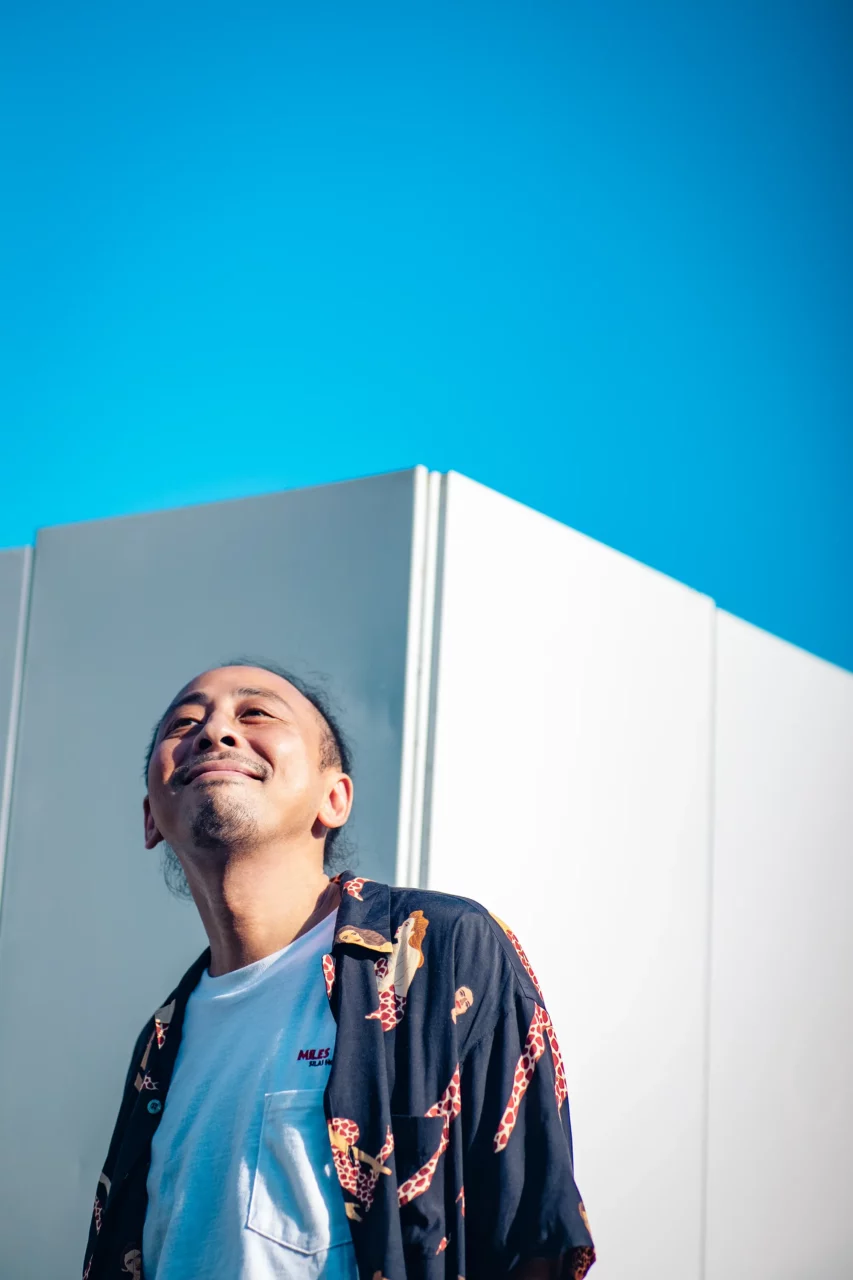
-The album includes creative support from NiEW. Mansaku Kashiwai from NiEW, who previously worked on the CINRA series ‘People Who Quit Music and Those Who Continued,’ participated in the production. How was it working with him?
Nakano: To be honest, I don’t really think of Mansaku-san as someone who ‘quit music’ (laughs). I see it as just a change in format; in terms of being involved in creative work, I still consider him a band member. He’s someone who has a keen eye for what makes things feel right, so in that sense, I feel like we were working together as if we were in a band. Also, he always follows through on what he says he’ll do, so the members trust him a lot. I’m really happy that we’ve been able to continue working together over time.
-Now for the final question, continuing with the theme of ‘People Who Quit Music and Those Who Continued.’ Nakano-san, how long do you plan to continue making music?
Nakano:I think continuing to make music depends on my own will, of course, but more importantly, it’s about how much my presence can influence others. On the flip side, I believe the reason I’ve been able to continue music is thanks to the influence of other people. So I want to create an environment where this mutual influence can happen easily, and I want to stay in places where music is likely to emerge. As long as I have that mindset and I’m ready to sing at any moment, the music will keep going. If something more important comes along, and if I want to do something else more than music, then I would actively step away from it. But I really love singing, and the moment when I come up with lyrics is ultimately the most fun and happiest for me. When I think about it that way, I can’t yet imagine stopping because of something else I love more. If, for various reasons, the people around me start to disappear, maybe I would naturally stop. But as long as there are people saying, ‘Let’s do it,’ I think I’ll probably keep going.
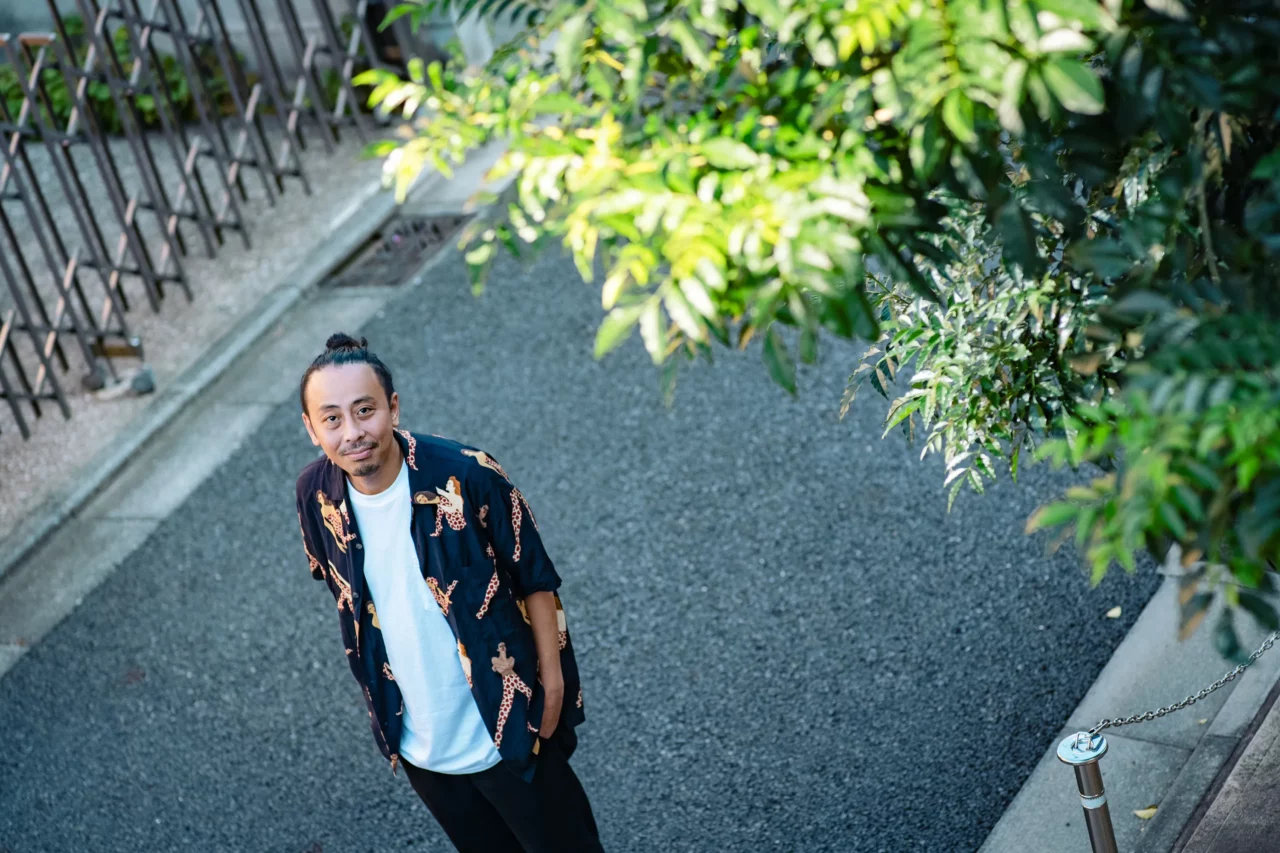
-As long as you coexist with others, the music will continue.
Nakano:Yes, that’s right. I’d like to try making solo work someday, but in the end, I think I would still make it with other people. And if there’s even one person who says, ‘I like your singing, I want to hear more,’ that would reignite the fire in me, and I think I’d be able to keep going.
Emerald 3rd Album “Neo Oriented” Release Tour Ray of Hope”
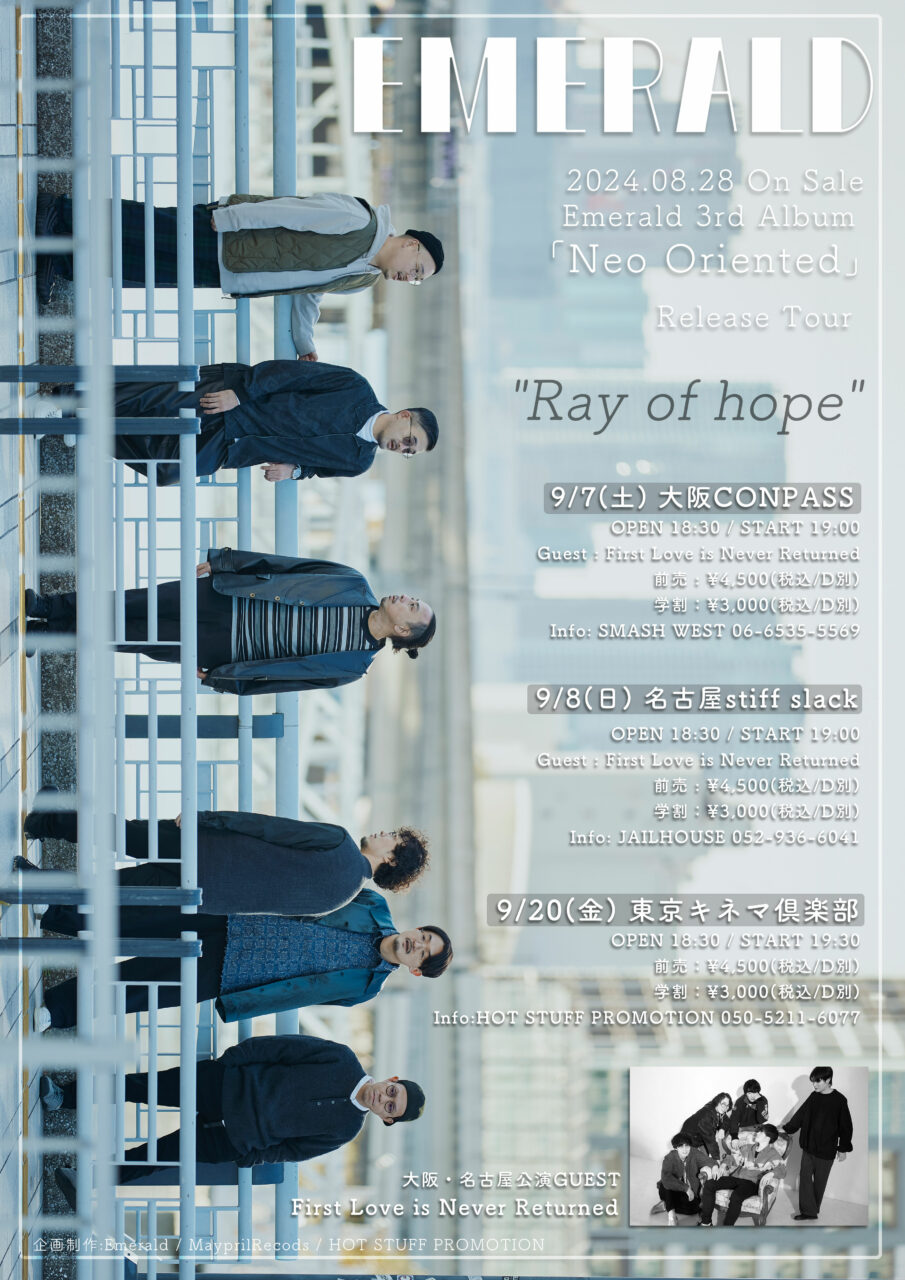
2024.9.7 Sat Osaka CONPASS
Guest: First Love is Never Returned
OPEN/START: 18:30/19:00
Advance: ¥4,500 (tax included, plus drink fee)
Student Discount: ¥3,000 (tax included, plus drink fee)
Info: SMASH WEST 06-6535-5569
2024.9.8 Sun Nagoya stiff slack
Guest: First Love is Never Returned
OPEN/START: 18:30/19:00
Advance: ¥4,500 (tax included, plus drink fee)
Student Discount: ¥3,000 (tax included, plus drink fee)
Info: JAILHOUSE 052-936-6041
2024.9.20 Fri Tokyo Kinema Club
OPEN/START: 18:30/19:30
Advance: ¥4,500 (tax included, plus drink fee)
Student Discount: ¥3,000 (tax included, plus drink fee)
Info: HOT STUFF PROMOTION 050-5211-6077
Ticket URL: eplus.jp/emerald/
Emerald『Neo Oriented』
MPLR-024 3,000 TAX
2024/08/28 on Sale
1. You & I
2. in the mood
3. Pendulum
4. Strange Bird
5. Upside Down Eye
6. Paradise
7. Missing Shimmer
8. Falling Night
9. Labyrinth of Skyscraper
10. Lovin’
11. Lullaby


















